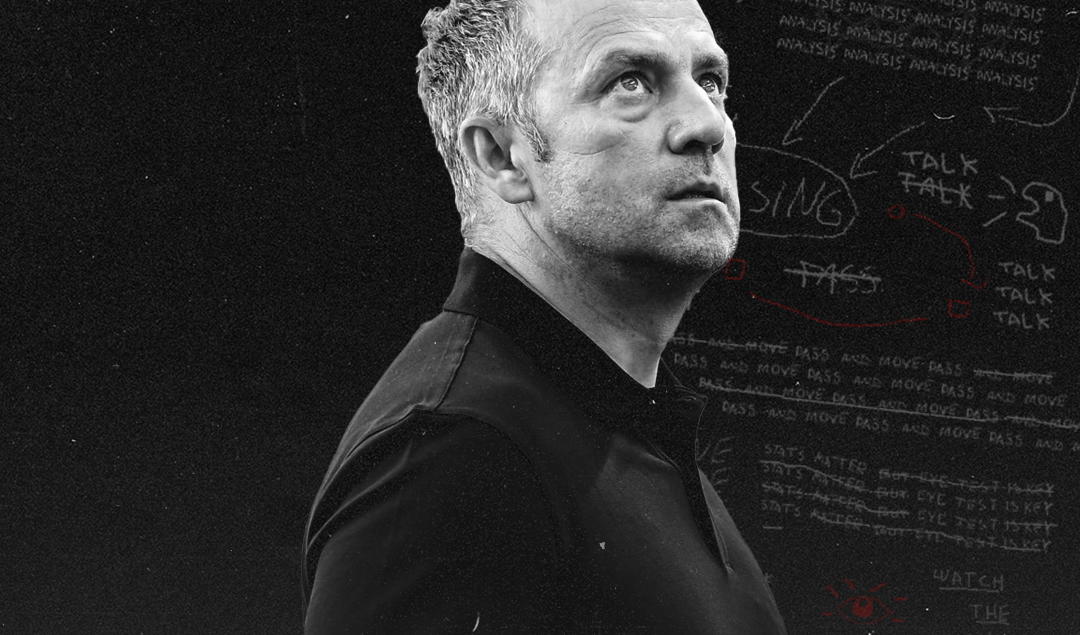Barcelona 2024/25: A New Era or Another Transition Year?
FC Barcelona enjoyed an impressive 2024/25 season—both in terms of performance and silverware. But to understand how far they’ve come, we need to revisit where they were just a few years ago.
Xavi Hernández took over as manager during one of the darkest periods in the club’s modern history. Barça were irrelevant in Europe, trailing Real Madrid by the widest margin since the days of Emilio Butragueño, and stripped of their talisman Lionel Messi due to a devastating financial crisis. Despite these challenges, Xavi took Barcelona from 9th in the table to a 2nd-place finish behind Real Madrid.
Yet, as has happened with nearly every Barça manager not named Pep Guardiola or Tito Vilanova, Xavi was criticized for the team’s playing style. Even Luis Enrique—who won the treble—was not immune to scrutiny. The fans had their reasons.
More Than a Club, More Than a Game: FC Barcelona, Kurdistan, and the Hope League
While Xavi’s 2022/23 title-winning team was defensively solid and disciplined, it lacked the fluid attacking football many associate with the club’s identity. Still, that team showed signs of revival: flashes of pressing, improved structure, and, most importantly, trust in young talent like Lamine Yamal, Fermin López, Pau Cubarsí, and Raphinha, who would all prove crucial in 2024/25.
Xavi’s final season, however, lacked the defensive consistency of the previous campaign, leading to his replacement by Hansi Flick ahead of the 2024/25 pre-season.
The Flick Effect
Hansi Flick arrived with the pedigree of a sextuple-winning manager with Bayern Munich and a World Cup champion (as assistant to Joachim Löw in 2014). Yet doubts lingered after his disappointing spell with Germany in the 2022 World Cup. From day one, Flick’s Barça felt different. The team embraced an ultra-aggressive high press and a risky high defensive line. Early in the season, Barcelona led the league in offsides provoked, drawing attention across Europe for their risky tactics.
If you ask Barça fans when the season truly changed, they’ll point to a defining week in October: a 4–1 demolition of Bayern Munich, followed by a stunning 4–0 win at the Santiago Bernabéu. These back-to-back statements announced Barcelona’s return to elite form.
Still, the road wasn’t smooth. A wave of injuries in November and December—including a key absence from Lamine Yamal—led to dropped points and a slip to third in La Liga. Then came redemption. In the Spanish Super Cup final, Barça dismantled Real Madrid 5–2 in a performance so dominant that many believe the gap could’ve been even wider had Wojciech Szczęsny not been sent off early.
Turning Points and a Relentless Run
From January to April, Barcelona hit their stride. They humiliated several teams with score lines like 5–0 vs. Valencia, 7–1 vs. the same opponent in the return leg, and a 5–1 over Conference League finalists Real Betis. The team’s form surged, lifting them back to the top of the La Liga table and into the Champions League quarter-finals.
Despite a painful 3–1 defeat at Signal Iduna Park against Dortmund, Barça bounced back once more. In the Copa del Rey final, they edged Madrid 3–2 to lift the trophy—another testament to their resilience and evolution under Flick.
A New Era or Another Transition Year?
Skeptics might say Barcelona capitalized on a weak Madrid season or benefitted from a favorable Champions League draw. And yes, they have a point. Raphinha’s Ballon d’Or-level campaign was extraordinary—perhaps even unrepeatable. Lewandowski’s age is beginning to show, and depth in some positions remains a concern.
But facts remain:
- Lamine Yamal gets better every week, and his ceiling is unimaginable.
- Pedri, at just 22, is now arguably the best deep-lying playmaker in the world.
- Pau Cubarsí is already among Europe’s best center-backs at 18.
- Jules Koundé has reinvented himself as a top-tier right back.
- Fermin López, Alejandro Balde, Gavi, Marc Casadó, and Marc Bernal are not just promising—they’re already elite contributors.
- Frenkie de Jong, under Flick, has finally found his place as the perfect complement to Pedri.
With Hansi Flick at the helm—a coach who trusts his players and improves them—Barcelona’s future looks more than promising.
Conclusion
If President Joan Laporta and the board continue to make smart, sustainable decisions—starting with giving Flick a long-term contract—Barcelona might indeed be entering a new era. One that could be defined not by surviving after Messi, but by thriving through a new identity built on youth, pressing, and smart football.
Whether they lift “La Sexta” in the next two seasons or not, the pieces are finally in place. This is not just another transition year. It could be the beginning of something truly great.
By: Facundo Durruty
Featured Image: @GabFoligno / Michael Regan – UEFA
